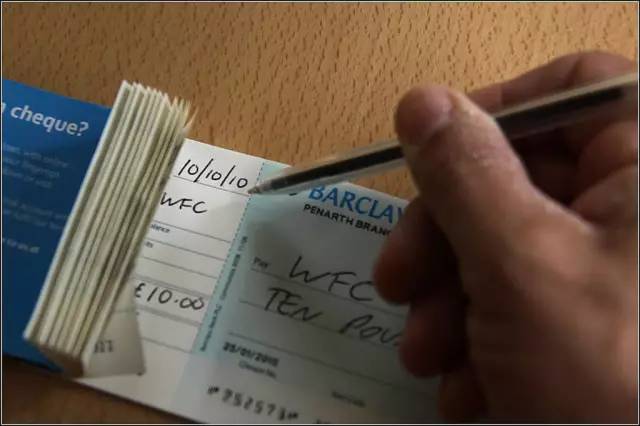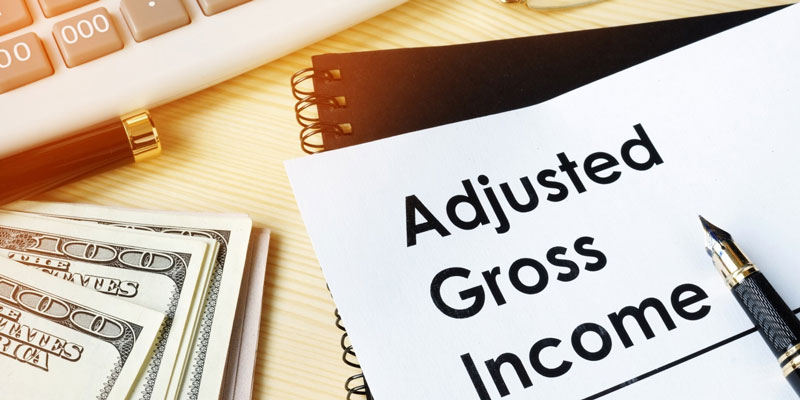The ability to deposit your paychecks, pay bills, and keep track of your daily spending is made much easier with a bank account. However, not everyone possesses one: More than 18 per cent of American families are either under banked or unbanked, which means they rely on unconventional banking choices or do not have a bank account at all. A bank account has many advantages, and getting one set up isn't quite as tricky as it first appears to be. Knowing what to expect is helpful when it comes time to create your first bank account or switch to a new bank.

Banks and Credit Unions to Consider
Before creating a bank account, you need to decide where to put your money. Traditional banks, internet banks, and credit unions are the most common alternatives. You can make an informed decision on where to create a bank account if you know how each one operates and what they provide.
· Typical Bank
If you want to open a checking or savings account, you'll find that traditional brick-and-mortar banks often have a variety of options to choose from. Local branch access is the primary benefit of conventional banks. If you need to make a deposit, you can do it at a teller window or through a drive-through. Traditional banking encompasses large national and regional institutions and smaller regional and local ones.
· Online Banking
Many of the account options you'd find at a traditional bank are available online as well. The main distinction is banking online or via an app rather than at a branch location. The fees and interest rates on deposit accounts charged by online banks are often lower than traditional banks. Online banks include neobanks, financial technology companies that provide banking services.
· Credit Union
In a credit union, each account holder is a member of the institution. To join a credit union, you often have to satisfy several criteria. People who work for the government or reside in specific parts of the country may be the only ones targeted by some of these programmes, while others are geared at others. It can find other credit unions around the country. Credit unions may have an advantage over banks when it comes to fees and interest rates.
Money Market vs. Savings Account vs. Checking Account

Deposit accounts include all three types of accounts: checking, savings, and money market. However, their methods of operation differ, and as a result, not all of their characteristics and advantages are shared.
If you're going to use a debit card or write checks to pay your bills, you'll need a checking account to keep track of your money. Having a checking account for the sole purpose of earning interest or receiving prizes is uncommon.
Aside from generating interest, both savings and money market account are meant to retain the money you don't intend to spend right away. For example, you may save money for a down payment on a home in a money market account, or you could utilize a savings account for your emergency fund.
Certain money market account have debit card or check-writing capability. The quantity of withdrawals per month from money market and saving account is governed by federal regulations (suspended in 2020 by the Federal Reserve). These restrictions do not apply to checking accounts, although the bank or credit union may limit the amount of money that can be withdrawn.
Open A New Bank Account? Here's What to Expect
You may open a bank account in a matter of minutes, either online or in a branch of a bank or credit union. Banks typically begin by asking customers for an application; this is usually the first step in the process. Your bank will ask for further information, such as your address or phone number, before granting you access to your account.
To start a new account, you'll need to deposit the required minimum amount with the bank. The new bank will need to know your routing number and account number if you're creating an account online or making your first deposit via an ACH transfer from another bank. If you're linking your new account to an account at another financial institution, some banks may demand further verification before you can begin using your new account.
There may be one or two modest deposits made into your new report by the bank for testing purposes. If you need to verify these quantities, it may take a few days for your account to be activated. Also, remember that your first contribution may be subject to a waiting time. You might have to wait a few days if you're depositing via check for the first time. Many people are also awaiting their debit card or first round of assessments, which might take several days.
Do You Need Money To Open An Account?
If you're creating a new bank account, you'll have to consider how much money you'll need to put down as an opening deposit. According to the bank or credit union, this sum may differ. It's possible to create an account at some banks without a minimum deposit or with only $1. Others may assume you must have a large quantity of money.
There are several ways to meet a minimum deposit requirement at a bank or credit union. To begin, you can deposit funds using various methods, such as cash or a personal cheque. It's possible to transfer money from your old bank account to your new one via an ACH transfer.


